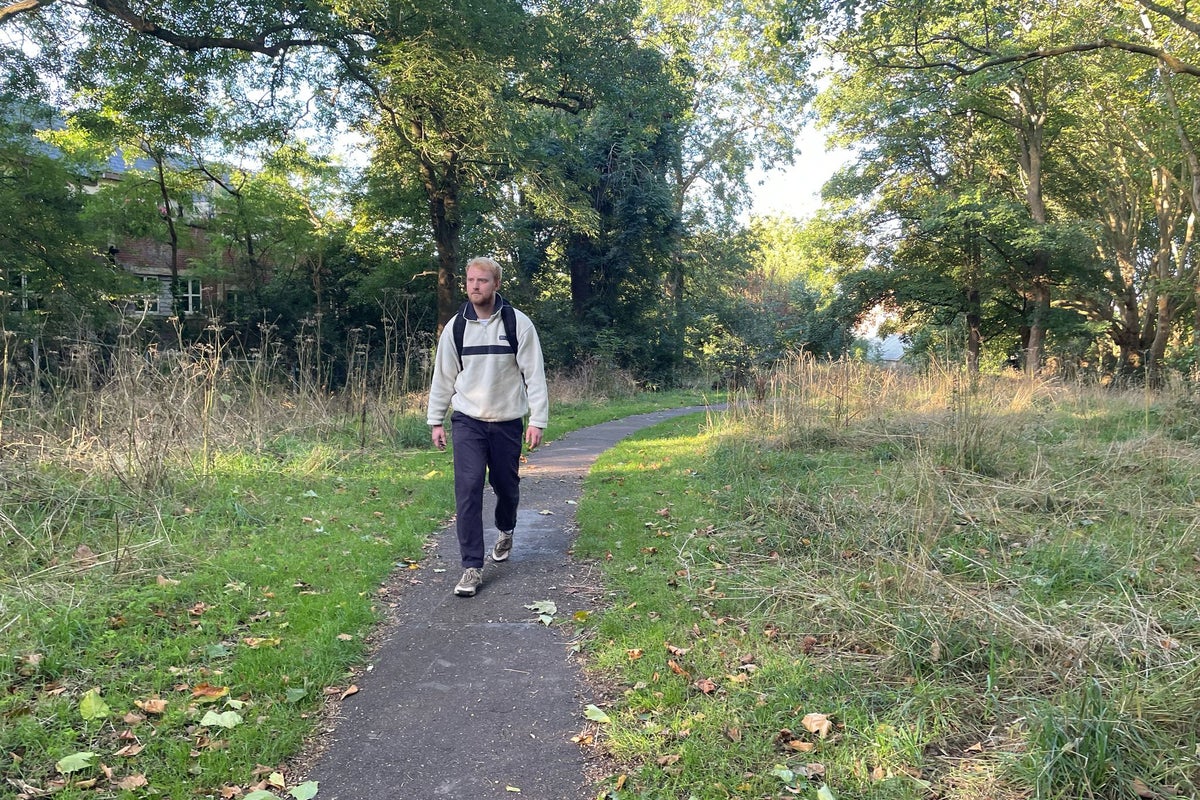T4K3.news
Researchers find brisk walking drastically improves heart health
A study reveals that 15 minutes of brisk walking can lower heart disease risk by almost 20 percent.

A recent study reveals that a brisk 15-minute walk each day can lower heart disease risks.
Daily brisk walking significantly improves heart health
A study involving over 79,850 adults suggests that a daily brisk walk of just 15 minutes could reduce the risk of heart disease and all-cause mortality by nearly 20 percent. Conducted by US researchers, the analysis showed that this quick form of exercise is more beneficial than a slower-paced walk for three hours. Alarmingly, premature deaths from cardiovascular issues have risen significantly in recent years, especially in low-income areas. The findings call for health officials to promote brisk walking as a low-impact and accessible activity, urging communities to address barriers to exercise like safety concerns. Experts suggest that physical inactivity is a leading cause of health issues, making such simple recommendations crucial for public health.
Key Takeaways
"Brisk walking offers a convenient, accessible and low-impact activity for all ages."
This emphasizes the inclusivity of brisk walking as a health strategy.
"Individuals should strive to incorporate more intense physical activity into their routines."
This recommendation reinforces the urgency of increasing exercise levels among all adults.
This study highlights the importance of the intensity of physical activity over the volume of steps taken daily. With rising cardiovascular disease rates, particularly among younger adults, advocating for brisk walking could be an effective way to combat this trend. While the research is promising, it also underscores the need for supportive policies that allow safe spaces for physical activity, especially in disadvantaged communities. The disconnect between exercise rates and reported health outcomes makes the insights from this study particularly relevant for public health campaigns.
Highlights
- Fifteen minutes of brisk walking could save lives dramatically.
- Public health can improve by making brisk walking accessible to all.
- Heart health may begin with a simple daily brisk walk.
- Active lives lead to healthier futures, even with just a 15-minute walk.
Potential health risks from inactivity
The rising rates of heart disease and lack of exercise highlight critical public health concerns that necessitate immediate action from policymakers.
These findings may influence health policies focusing on community exercise efforts.
Enjoyed this? Let your friends know!
Related News

Walking 10,000 steps daily shows significant health benefits

New study shows 7,000 steps daily is enough for health

Japanese walking method gains social media attention

New study finds brisk walking lowers early death risk

New study shows faster walking improves health in older adults

New study shows three minutes of daily activity lowers heart disease risk

New daily step target set by experts

Study reveals 7,000 steps daily can reduce health risks
